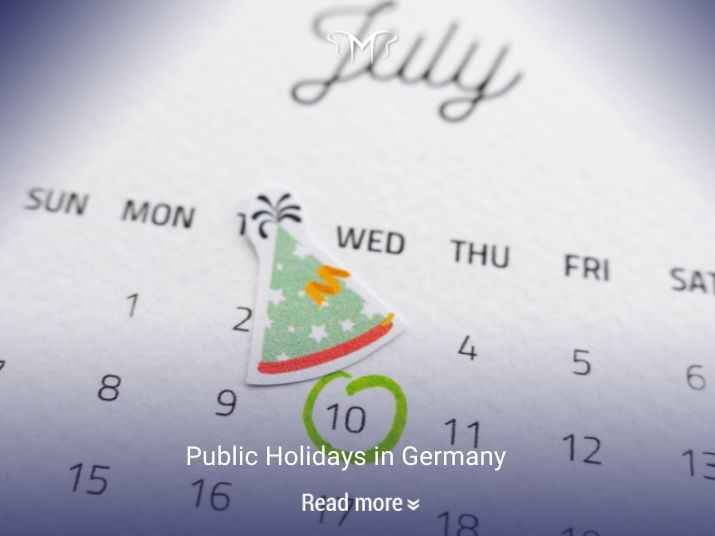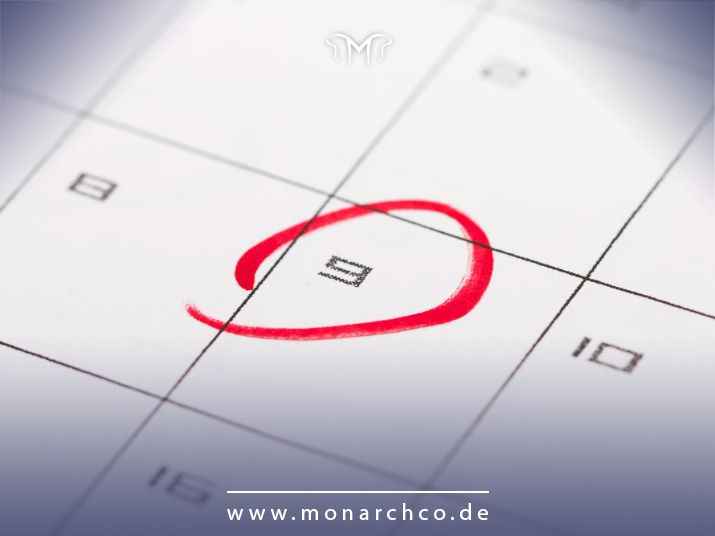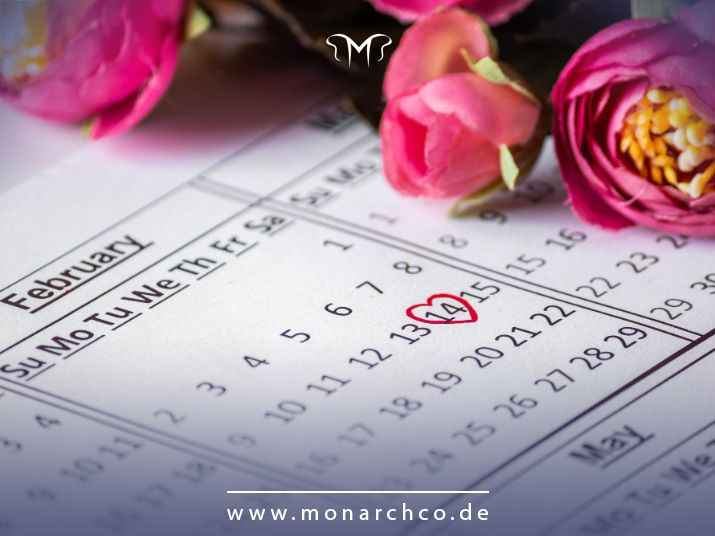
Public Holidays in Germany
The calendar of Public holidays in Germany plays a crucial role in the country’s social, cultural, and economic life. Public holidays in Germany are divided into nationwide and state-specific holidays. These holidays provide opportunities for rest and celebration of important religious and cultural events. Knowing the dates and details of Public holidays in Germany helps immigrants and other residents plan their trips, rest, and other activities accordingly. Due to cultural differences, we decided to share insights about Public holidays in Germany in this article. If you have migrated to Germany, plan to live there, or simply want to learn more about the country, understanding Public holidays in Germany will be useful and practical for you.
National and State-Specific Public Holidays in Germany
Many people, especially those considering nursing migration to Germany, inquire about Public holidays in Germany. These holidays are classified into national holidays, observed across all states, and state-specific holidays, which are recognized only in particular regions. Public holidays in Germany significantly impact work schedules, economic activities, tourism, and more. They also reflect the unique history and culture of each German region, showcasing the country’s cultural and religious diversity. Below, we provide a detailed explanation of Public holidays in Germany.
Major Public Holidays in Germany
New Year’s Day: A Fresh Start
New Year’s Day is one of the most significant Public holidays in Germany, celebrated on January 1st and known as Neujahrstag. It marks the beginning of the new year, giving people a fresh start to gather with family and friends. The night before, called Silvester, is filled with fireworks and celebrations. Most businesses and schools remain closed, allowing people to rejuvenate and plan for the year ahead.
Good Friday: A Sacred Christian Holiday
Good Friday is one of the religious Public holidays in Germany, observed in remembrance of the crucifixion of Jesus Christ. Part of the Holy Week, it is a day for Christians to reflect, pray, and attend religious services. It is also known as a “silent holiday,” meaning loud celebrations, including public dancing and music, are prohibited. Shops and offices are closed on this solemn day.
Labor Day: Honoring Workers
Labor Day, or Tag der Arbeit, is another major Public holiday in Germany, celebrated on May 1st. Rooted in labor movements, it commemorates workers’ struggles for better rights and conditions. Traditionally, protests and demonstrations take place, although in modern times, the gatherings tend to be peaceful. However, the day has a history of protests and unrest, particularly in Berlin.
German Unity Day: Celebrating Reunification
German Unity Day, known as Tag der Deutschen Einheit, is among the most important Public holidays in Germany, celebrated annually on October 3rd. It marks the reunification of East and West Germany in 1990. On this day, events, speeches, and festivities take place nationwide to reflect on democracy and national unity.
Christmas Holidays: A Festive Season
The Christmas season consists of multiple Public holidays in Germany, spanning from December 24th to 26th, with December 25th recognized as an official public holiday. Families gather to decorate Christmas trees, exchange gifts, and enjoy festive meals. Christmas Eve celebrations start in the evening, with traditional dishes such as roast goose and red cabbage. On December 24th, shops close early, while on December 25th and 26th, most businesses and schools remain closed.
Ascension Day: A Religious Observance
Ascension Day, or Christi Himmelfahrt, is another major Public holiday in Germany, observed on the 40th day after Easter. It commemorates the ascension of Jesus Christ to heaven. Marked as a public holiday across all German states, it includes church services and social activities, offering people a chance to spend time with family and friends.
Whit Monday: A Religious Celebration
Whit Monday, known as Pfingstmontag, is an important Christian Public holiday in Germany, celebrated 50 days after Easter. It commemorates the descent of the Holy Spirit upon the apostles and is recognized as an official public holiday in most German states. In 2024, Whit Monday was observed on May 20th.

State-Specific Public Holidays in Germany
Apart from national Public holidays in Germany, some states have their own specific holidays that are not recognized nationwide. These state holidays reflect local religious and cultural traditions. For example, Bavaria observes more Catholic holidays than northern states, highlighting its Catholic heritage. Below are some key state-specific Public holidays in Germany:
- Assumption Day (August 15th) – A Catholic holiday recognized only in Bavaria and Saarland.
- Reformation Day (October 31st) – A Protestant holiday observed in Brandenburg, Saxony, and Mecklenburg-Western Pomerania.
- Day of Repentance and Prayer (November 17th) – A Protestant observance, only recognized as a public holiday in Saxony.

The Impact of Public Holidays in Germany on Work Schedules
Public holidays in Germany play an important role in the calendar, social life, and even the cost of living in Germany, affecting work schedules and economic tourism. Here is how public holidays in Germany affect work schedules:
- Business and Office Closures: On Public holidays in Germany, most workplaces remain closed.
- Public Transport Restrictions: Public services, including banks and government offices, operate at limited capacity or remain closed.
- Work Schedule Adjustments: Employers and employees may adjust work hours around Public holidays in Germany.
- Changes in Travel Patterns: Seasonal changes and summer time adjustments affect work and commute schedules.
- Planning for Vacations and Rest: Knowing Public holidays in Germany helps individuals plan vacations and leisure activities efficiently.

Conclusion
There are numerous Public holidays in Germany, including weekends and special observances, designed to boost morale, motivation, and work-life balance. In this article, we have explored the significance of Public holidays in Germany and their impact on work schedules, economic life, and travel planning. Monarch, a specialized immigration consulting firm, provides expert guidance for nurses seeking to migrate to Germany. If you are a nurse considering moving to Germany, Monarch can assist you throughout the immigration process.
Frequently Asked Questions
How are Public holidays in Germany categorized?
Public holidays in Germany are divided into national holidays, observed across all states, and state-specific holidays, which apply only to certain regions.
What are the major Public holidays in Germany?
Some of the key Public holidays in Germany include Christmas, Whit Monday, Ascension Day, German Unity Day, Good Friday, Labor Day, and New Year’s Day.
Where can nurses get immigration advice for Germany?
For professional assistance with nursing migration to Germany, you can consult Monarch’s free immigration services.


